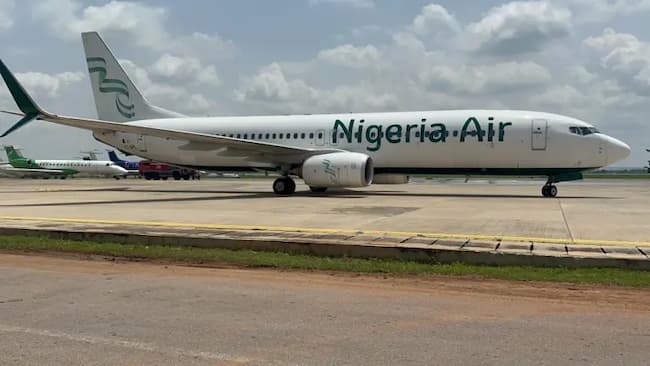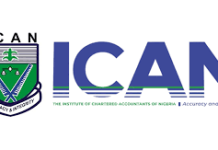The Federal Government has pledged its full support for the proposed Fly Nigeria Act, a legislative initiative aimed at prioritising Nigerian airlines for government-funded air travel.
The Act is designed to revitalise the nation’s aviation industry and promote indigenous carriers over foreign competitors.
Festus Keyamo, the Minister of Aviation and Aerospace Development, announced this on Friday during a stakeholders’ engagement in Abuja. He described the Act as a game-changer for the aviation sector, likening it to the Cabotage Act that protects Nigerian ship owners in the marine industry.
Key Provisions of the Fly Nigeria Act
Under the proposed legislation, all government-funded air transportation—including travel by officials, contractors, and grantees, must be conducted using Nigerian flag carriers. The Act seeks to:
Provide a level playing field for local airlines.
Curb external dominance in the African aviation market.
Boost job creation and attract investment in the sector.
Addressing Global Conspiracies Against African Aviation
Keyamo highlighted what he termed a “global conspiracy” to stifle the growth of African aviation, explaining how foreign airlines exploit the continent’s market while ensuring local operators remain underdeveloped.
“If the Cabotage Act could be passed to favour Nigerian ship owners, why not for aviation? Foreign airlines feed on Africa’s market without fair competition, ensuring our aviation industry remains stunted. It’s time to wise up and implement policies that empower our local operators,” Keyamo remarked.
He reiterated the government’s commitment to reversing the high failure rate among Nigerian airlines by providing an enabling environment for sustainable growth.
Delayed Implementation and Renewed Commitment
Despite being proposed over 15 years ago, the Fly Nigeria Act has not been enacted due to external resistance. Keyamo stressed that this administration is resolute in pushing the policy forward to strengthen the aviation industry and align it with international standards.
“The mortality rate among local airlines is alarming, but we are determined to change that. This Act will ensure our operators not only survive but also compete globally,” Keyamo stated.
The minister ruled out the establishment of a national carrier, instead prioritising the empowerment of existing local airlines.
Industry Stakeholders Applaud the Initiative
The proposal has garnered strong support from aviation stakeholders. Allen Onyema, Vice President of the Airline Operators of Nigeria and CEO of Air Peace, praised the Federal Government’s proactive approach.
“We are witnessing a new dawn in Nigeria’s aviation sector. The Fly Nigeria Act will conserve foreign exchange, create jobs, and attract investors. It’s a transformative step for our airlines,” Onyema said.
He added that the Act would foster national pride, increase patronage of local carriers, and position Nigeria’s aviation industry as globally competitive.
Implications for Nigeria’s Aviation Sector
The Fly Nigeria Act is expected to:
Conserve foreign exchange by reducing reliance on foreign airlines.
Attract investments and boost confidence in the domestic aviation sector.
Enhance connectivity and drive trade and economic growth.
With the Federal Government’s backing and growing stakeholder support, the Fly Nigeria Act is poised to usher in a new era for the nation’s aviation industry, positioning it for global competitiveness.













